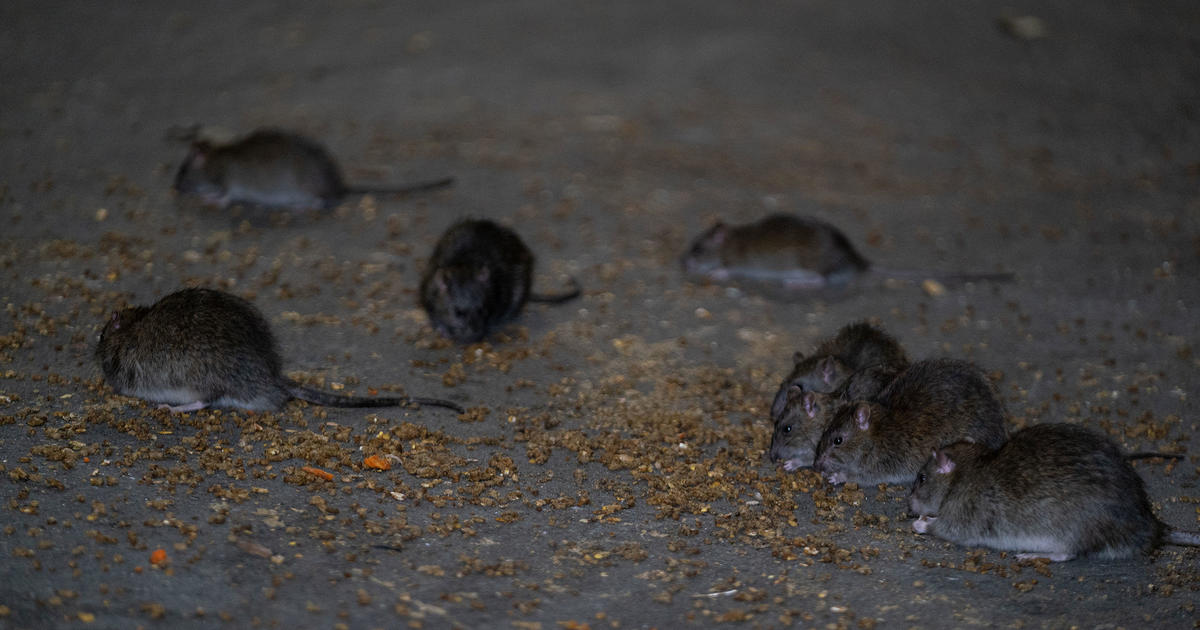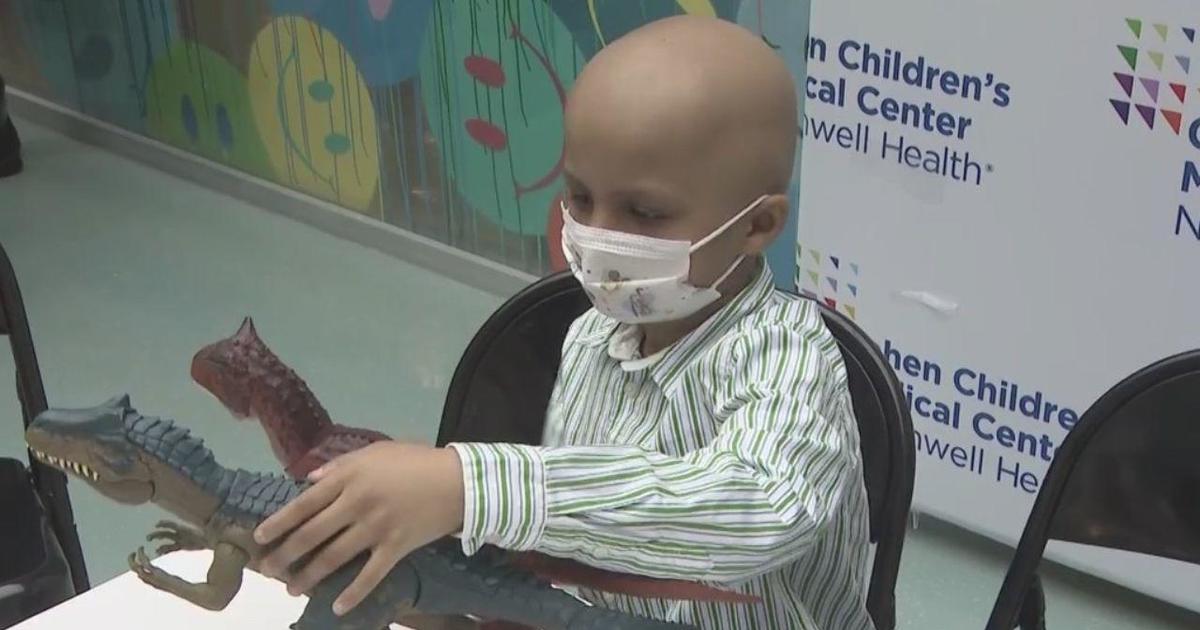It's Back: Tri-State Area Hit With Round Two Of Flu
NEW YORK (CBSNewYork) - A second wave of the flu has struck this spring and has put more New Yorkers in the hospital than in January, according to health officials.
As WCBS 880's Sean Adams reported, the number of flu cases usually declines by spring, but not this year.
It's Back: Tri-State Area Hit With Round Two Of Flu
According to the latest New York State figures from the first week in April, influenza is still widespread with close to 2,600 confirmed cases, a 23 percent spike in a week.
Also in that first week in April, 648 people were hospitalized, representing a 29 percent increase over the week prior, and one child died. Those 648 hospitalizations in New York State represent the largest number since flu season began in October, according to state statistics.
During the peak in mid-January, influenza A was the culprit. This second wave is being led by influenza B.
Connecticut and New Jersey, along with Massachusetts and Delaware, are also seeing a spike in flu cases, according to the U.S. Centers for Disease Control and Prevention.
"As long as there's vaccines on the shelves, there's time. I've been telling my medical center that we may be seeing influenza until Memorial Day," Dr. Gary Monk, director of clinical virology at Hackensack University Medical Center, told Adams. "We're seeing a lot of influenza B in people who were not vaccinated and I'm seeing people who may have been vaccinated with a type of vaccine that would not have had that B in it because there's actually two types of B circulating."
As people gather for Passover and Easter, Dr. Monk advises people to wash their hands and cover their coughs.
You May Also Be Interested In These Stories



